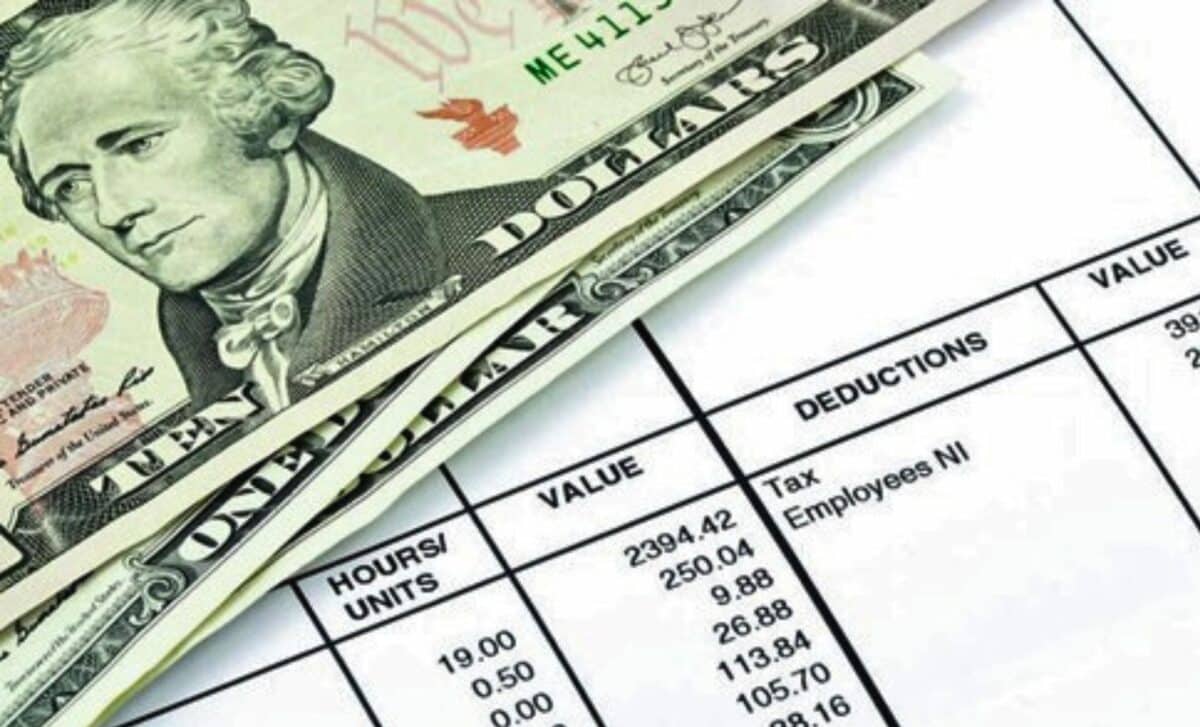On January 1, 2025, minimum wage increases will come into effect in 21 states across the United States, alongside adjustments in 48 cities and counties. These changes are expected to improve pay for an estimated 9.2 million workers, as per the Economic Policy Institute, reflecting continued efforts to address economic disparities.
Full List of States Increasing Minimum Wage in 2025
Here is the complete breakdown of states and their new minimum wage rates:
- Alaska: $11.91
- Arizona: $14.70
- California: $16.50
- Colorado: $14.81
- Connecticut: $16.35
- Delaware: $15.00
- Illinois: $15.00
- Maine: $14.65
- Michigan: $10.56
- Minnesota: $11.13
- Missouri: $13.75
- Montana: $10.55
- Nebraska: $13.50
- New Jersey: $15.49
- New York: $15.50 (with higher rates of $16.50 in New York City, Long Island, and Westchester)
- Ohio: $10.70
- Rhode Island: $15.00
- South Dakota: $11.50
- Vermont: $14.01
- Virginia: $12.41
- Washington: $16.66 (the highest state minimum wage)
These increases also reflect localized wage floors exceeding state minimums, notably in cities within California, Colorado, and Washington, which are raising wages even further.
Factors Driving Wage Increases
These adjustments aim to address several economic challenges:
- Mitigating the impact of inflation on workers’ purchasing power.
- Reducing income inequality and improving living standards for low-wage earners.
- Responding to heightened awareness around fair compensation amid labor shortages and unionization efforts.
Notable Disparities in Wage Rates
While states such as Washington, California, and Connecticut will lead with minimum wages exceeding $16 per hour, others like Montana and Ohio are implementing more modest increases under $11 per hour. These differences reflect variations in cost-of-living and regional economic conditions.
Anticipated Effects of Wage Increases
Higher wages are expected to positively impact household incomes, boost consumer spending, and enhance worker morale. However, they may also present challenges for small businesses adjusting to higher payroll costs. Monitoring the balance between benefits for workers and potential economic impacts will remain a focus for policymakers and business leaders.









